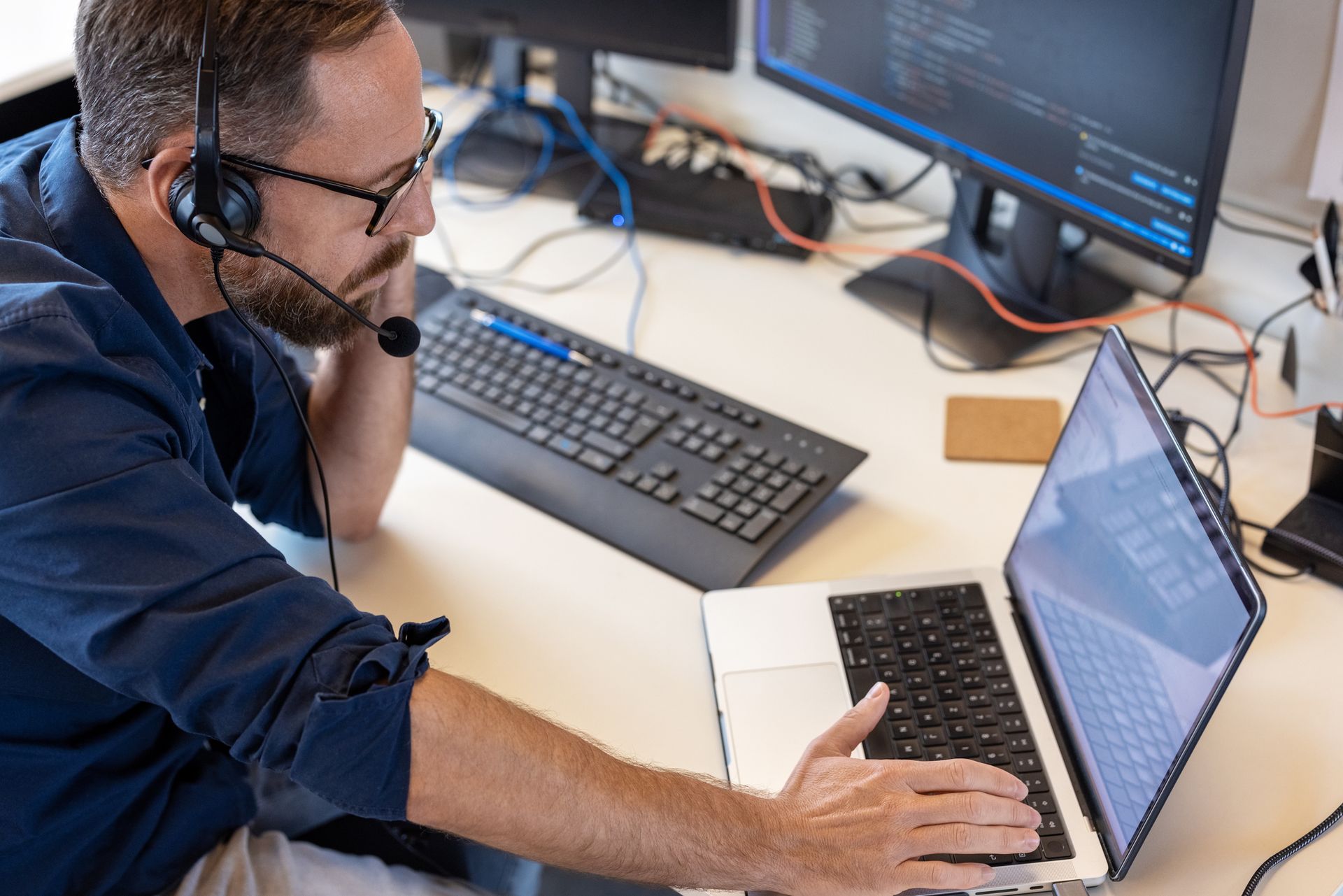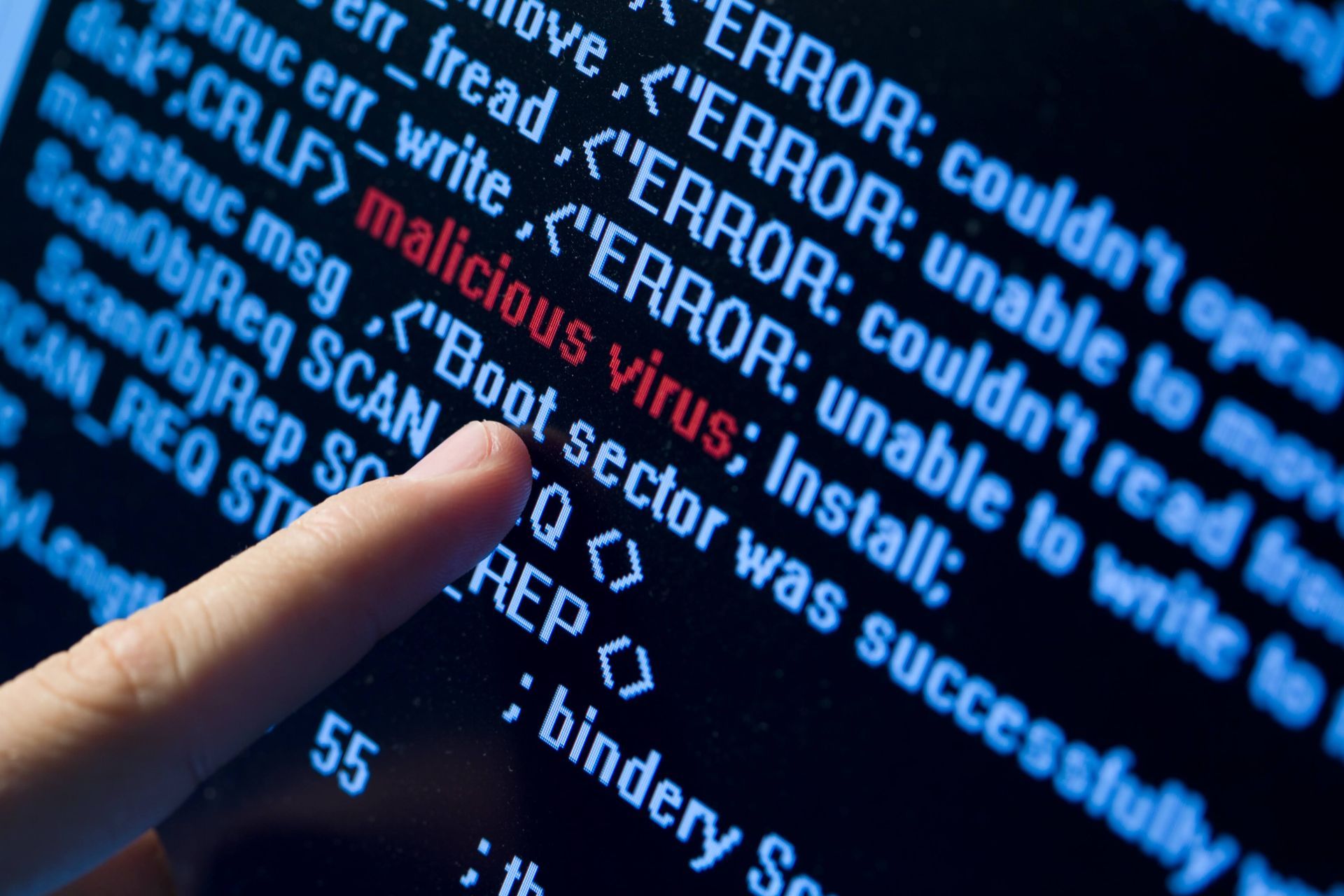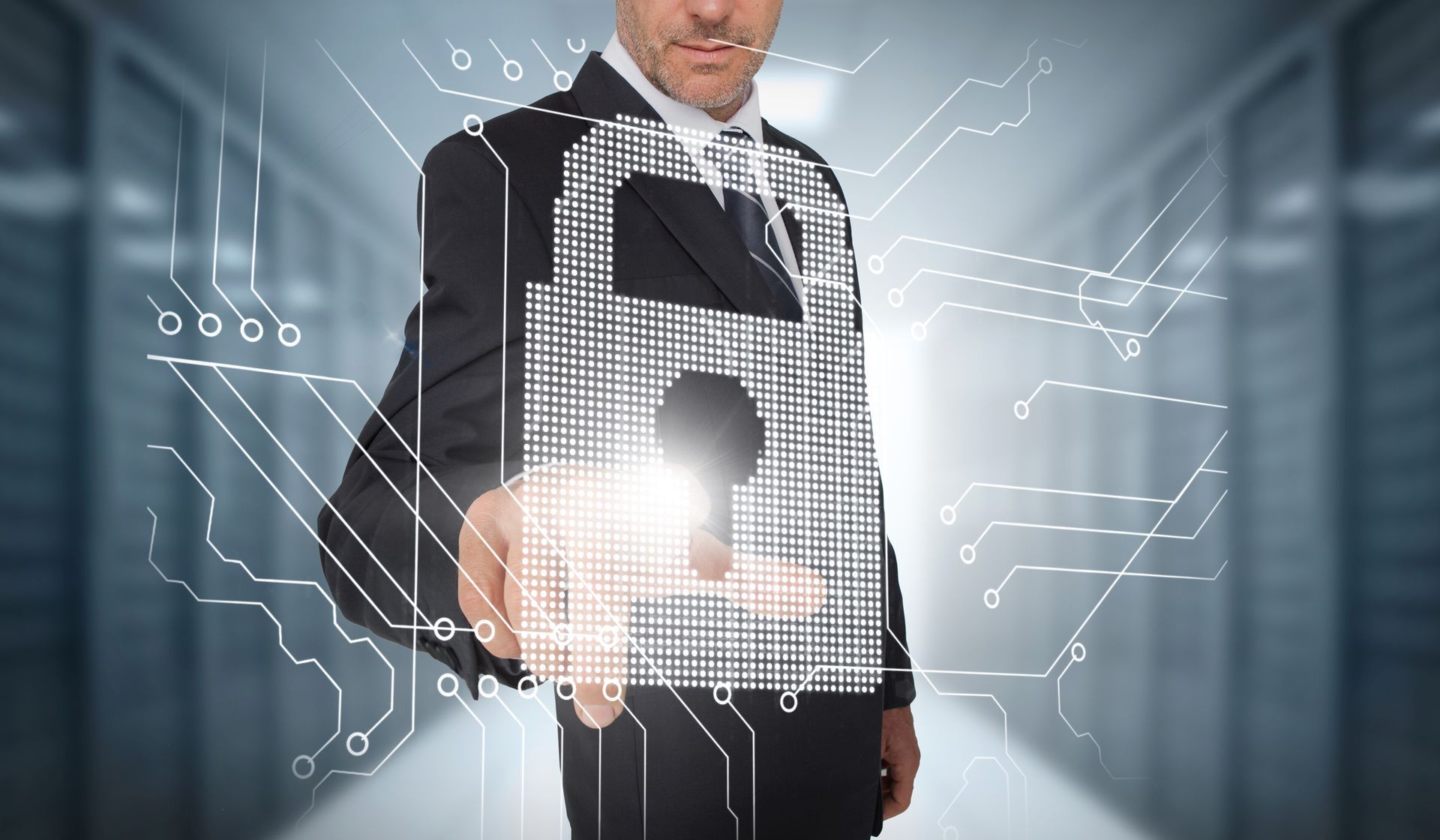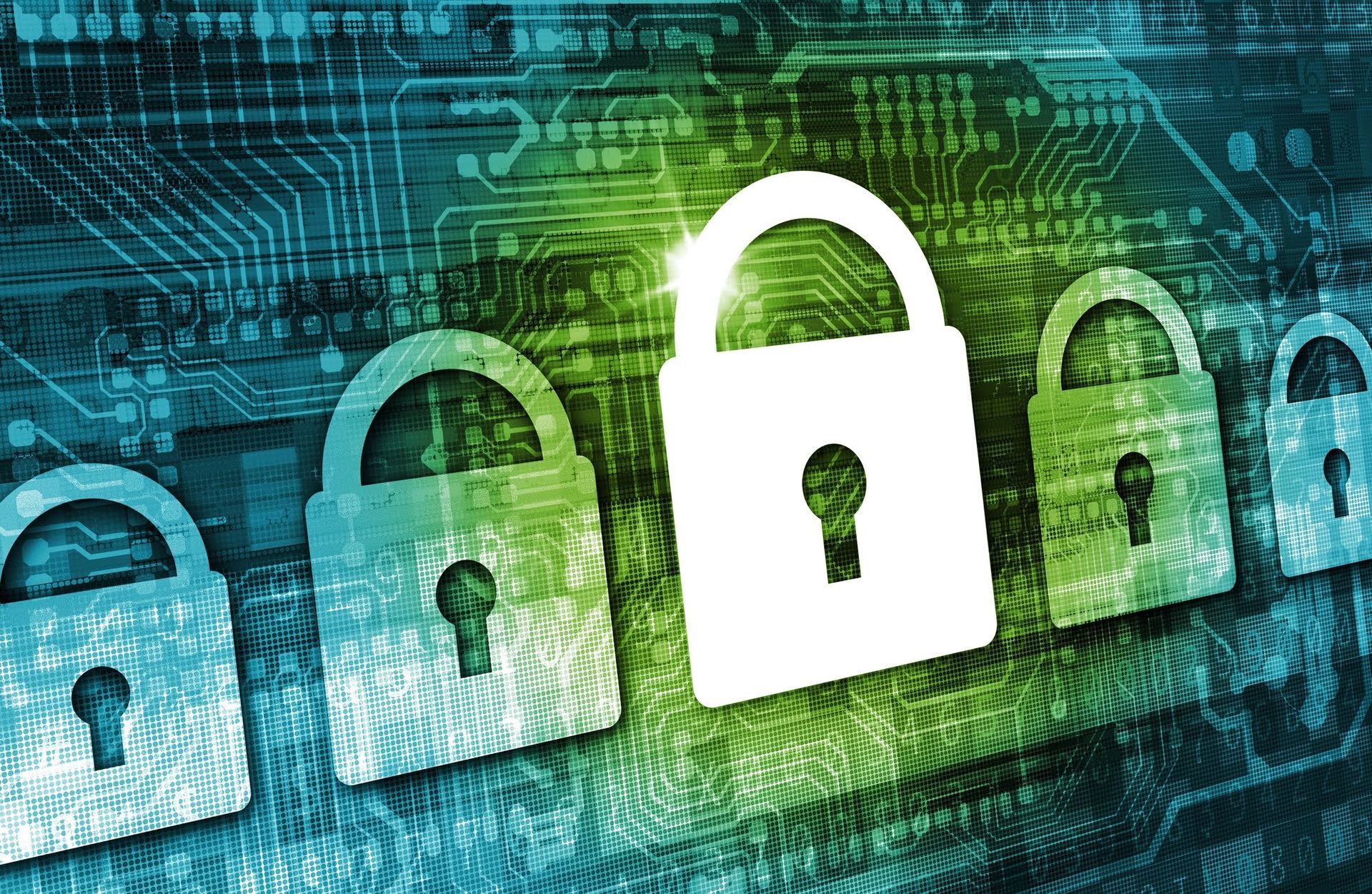5 Cybersecurity Topics Your Employees Should Review

Your employees keep your business running. That means they'll encounter most of your cybersecurity threats. As such, sound decision-making on your employees' part can do much to shore up your cybersecurity measures. Chances are good that they already know some of what they should watch out for because of routine computer use. However, regular reviews of the latest cybersecurity issues can help crystallize this knowledge while encouraging appropriate caution on the job.
1. Setting Secure Passwords
Setting secure passwords is easy. Each should be a long string of random letters, numbers, and special symbols. Avoid including meaningful segments. For example, exclude names or birthdates. Similarly, exclude anything hinting at what's being secured. Ensure that each password is unique. Doing so can reduce the potential damage, even if a hacker breaches one account.
Following these practices takes effort. People often have dozens of accounts for their personal and professional lives, meaning they have to remember dozens of unique passwords. Reviews can encourage compliance. Even so, make it easier for your employees to follow suit. One solution would be password managers. Another would be tips, such as creating secure passwords by taking the first symbol of each word in off-topic but easy-to-remember sentences.
2. Avoiding Scams
Scams remain an issue. Some examples are blatant. This is because criminals find it easier to get what they want from less guarded people, so they send emails designed to filter out warier recipients. This works because the number of sent messages compensates for the low success rate. Other scams are more subtle because criminals research their targets before crafting more authentic-looking communications. Sensible businesses watch out for both kinds of threats.
Mentioning the most common threats helps. However, your reviews should also focus on encouraging constant vigilance because you can't cover everything your employees might encounter. Besides these things, reviews also let you remind your employees what to do if they suspect they've been targeted. Timely reporting enables timely intervention. Something that can be critical for protecting your business.
3. Preventing Physical Issues
Every business has a physical presence. If nothing else, it has flesh-and-blood individuals keeping it running. These people will be based out of either their homes, their offices, or other physical locations. Due to this, your cybersecurity is connected to your physical security and vice versa.
The classic example would be leaving a sticky note with the password on a terminal, thus letting any passerby gain access to your systems. Other physical issues range from leaving sensitive documents in the open to plugging in storage media without knowing what's on them. Reviews can remind your employees of the physical aspects of your cybersecurity, thus empowering them to safeguard these.
4. Using the Internet Safely
Most people spend so much time online that using the Internet safely can seem second nature. Still, reviews can help for two reasons. First, they can teach even the most experienced individuals new tricks while clearing up any uncertainties. Second, they can keep people up-to-date on the latest best practices, which matters because the Internet and safe Internet usage are constantly changing.
5. Working Remotely
Remote work has become more popular than ever before. That means you need to take your employees' home security into account. Malware can enter your systems through home terminals much the same way as through work terminals. Similarly, there are stories of criminals setting up fake Wi-Fi networks in public spaces. Remote work makes people happier and more productive. Covering home cybersecurity tips enables you to reap these benefits without risking your systems.
Cybersecurity is a fast-moving field. Contact us at Reliance Desktop to see how we can help your business stay ahead of potential threats to your systems.


